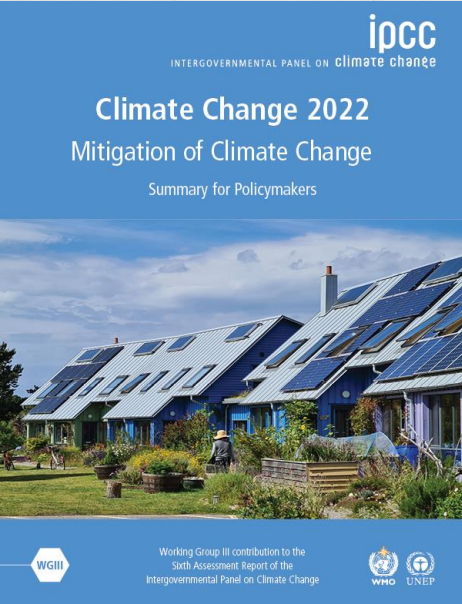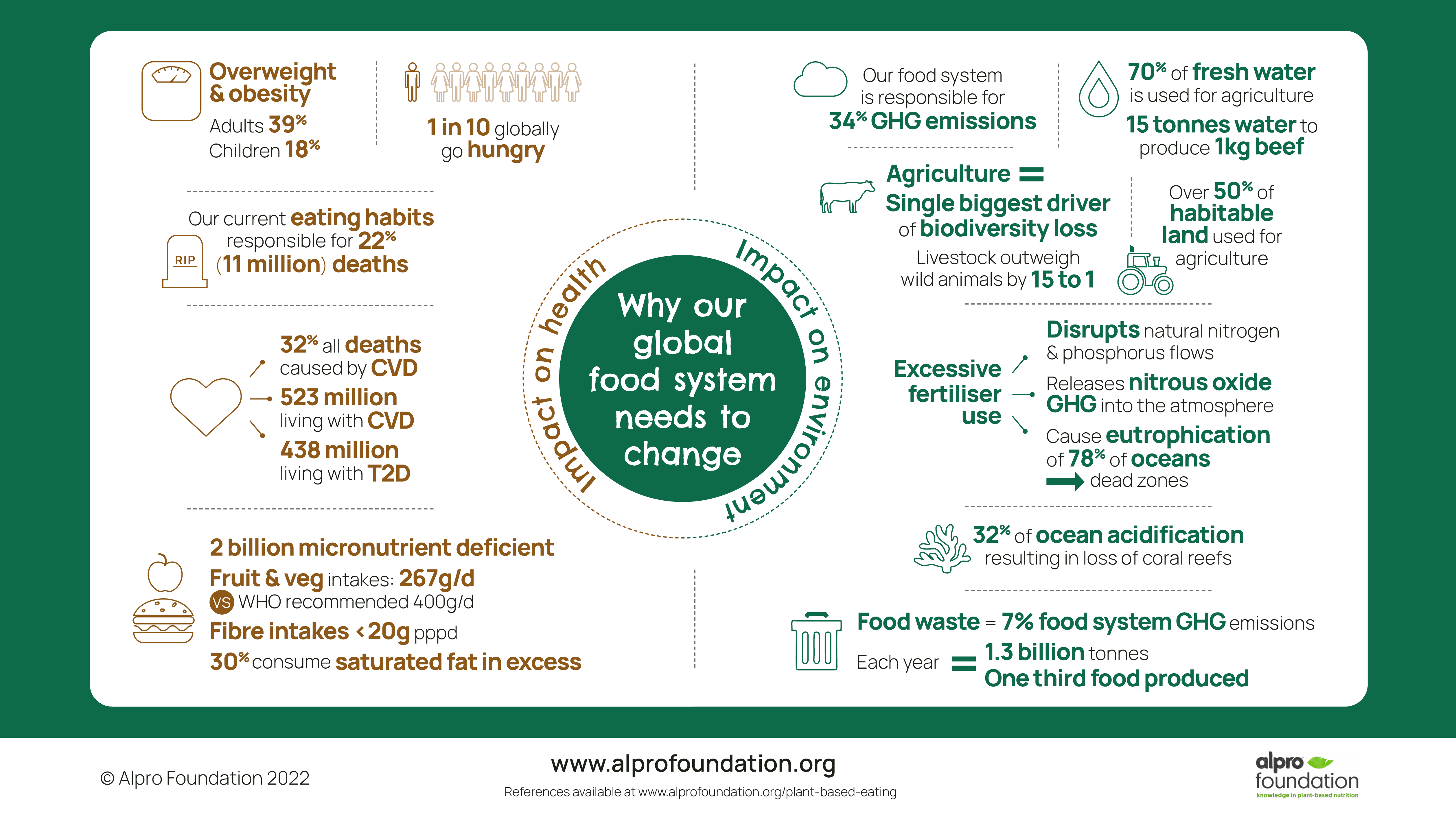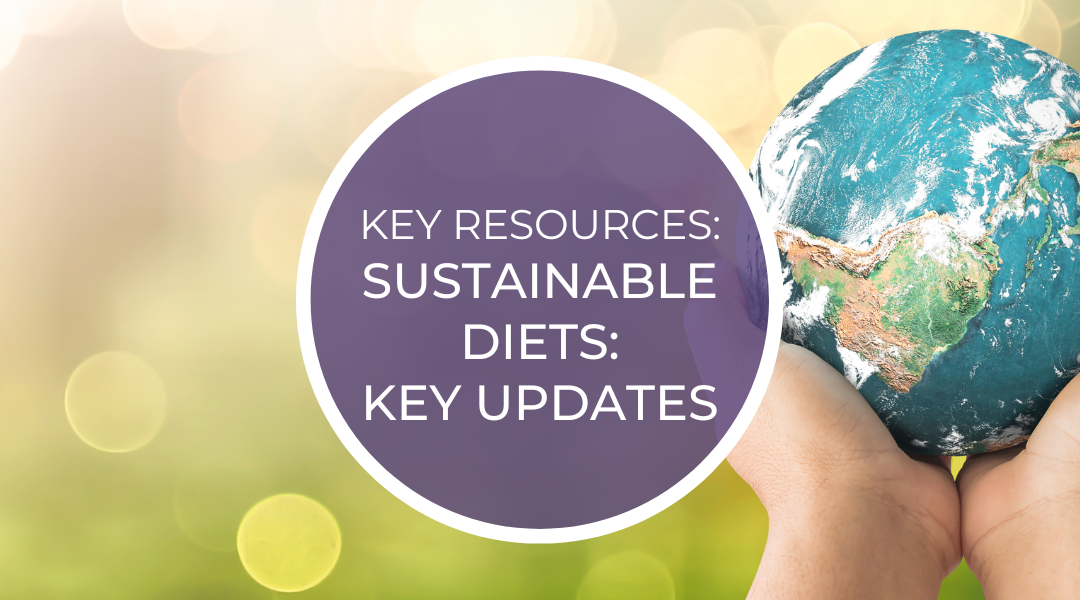Following on from our webinar ’Sustainable Diets: Key Updates’, we’ve pulled together some of the key resources and references discussed within the symposium. If you missed the live symposium, you can register to watch the recordings
GUIDELINES AND REPORTS
Climate Change 2022 (2022). Intergovernmental panel of climate change (IPCC). Full report to assess the impacts of climate change on nature and humanity, and their capacities and limits for adaptation
Sustainable Diets Policy (2021). The British Dietetic Association. Policy statement prepared by a specially convened BDA working group
Bending the Curve, The Restorative Power of Plant-Based Diets (2020). Worldwide Fund for Nature (WWF). Key recommendations and strategic actions from the WWF
Food Planet Health (2019). EAT Lancet. Summary report of the EAT-Lancet Commission
Net Zero – The UK’s Contribution to Stopping Global Warming (2019). Climate Change Committee. The Committee on Climate Change recommends a new emissions target for the UK: net-zero greenhouse gases by 2050
Sustainable healthy diets – Guiding principles (2019). Food and Agriculture Organisation of the United Nations (FAO) and World Health Organisation (WHO). Report which aims to support the effects of countries as they work to transform food systems to deliver on sustainable healthy diet
Planetary boundaries (2015). Stockholm Resilience Centre. Four of nine planetary boundaries have now been crossed as a result of human activity
The State of Food and Agriculture (2011). FAO. Report showing land use of food and impact on the environment
FOOD BASED DIETARY GUIDELINES
The greener food circle (2022). The Swedish food council. The Swedish Food circle has been updated to a greener version. They have integrated plant-based alternatives to meat, milk and dairy products in all relevant food groups and marked them with a small green symbol
Food systems are responsible for a third of global anthropogenic GHG emissions (2021). Crippa et al. Total GHG globally and the contribution of the food system
Greenhouse gas emissions from food systems: building the evidence base (2021). Tubiello et al. Mapping of food system categories and activities in order to better quantify food-related emissions
The Eatwell Guide. (2018) Public Health England. UK FBDG.
RESEARCH PAPERS
74% of FBDG have a long-way to go to meet sustainable standards (2023). The Alpro Foundation. Summary of the study below investigating the sustainability of 95 national dietary recommendations and whether they accommodate for plant-based substitutes to animal based products (protein and dairy)
A Global Analysis of National Dietary Guidelines on Plant-Based Diets and Substitutions for Animal-Based Foods (2022). Klapp A et al. The aim of this review was to determine whether and how food based dietary guidelines (FBDGs) provide information on the broad spectrum of plant-based diets and have policy positions on vegetarian diets, including vegan diets, and whether they mention specific plant-based alternatives to milk, dairy products, and meat
The healthiness and sustainability of national and global food based dietary guidelines: modelling study (2020). This analysis suggests that national guidelines could be both healthier and more sustainable.
Impacts of home cooking methods and appliances on the GHG emissions of food (2020). Frankowska et al. Environmental impact of cooking methods
Evironmental impacts of vegetables consumption in the UK (2019). Frankowska et al. Environmental impact of vegetables
Life cycle environmental impacts of fruits consumption in the UK (2019). Frankowska et al. Environmental impact of fruits
THE ALPRO FOUNDATION
Alpro Foundation is an independent non-profit organisation that was founded in 1996 in order to support scientific research into nutrition and to promote knowledge and awareness of plant-based nutrition, health and sustainability.
Plant-based Eating – guide to plant-based eating including definitions and top tips including plant-based eating spectrum infographic and why our global food system needs to change infographic
Newsletter – latest science on plant-based nutrition

BDA SUSTAINABLE DIETS SPECIALIST GROUP
@BDA_Sustainable (Twitter) and @bda_sustainablediets (Instagram) for the specialist group
RELATED MYNUTRIWEB CONTENT
Changing Behaviours: From Policy to Table (2021) – Half day e-symposium looking into sustainable eating and the role of behaviour change and supporting resource blog
National Food Strategy: From What to How (2021) and National Food Strategy Digested (2021) and supporting resource blog
Is a Sustainable Diet More Expensive? (2020) – 60 mins webinar with Dr Christian J Reynolds






